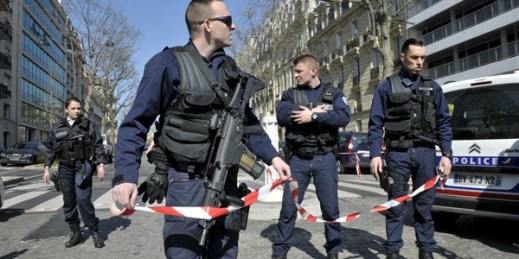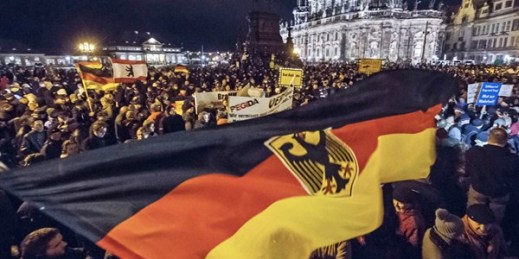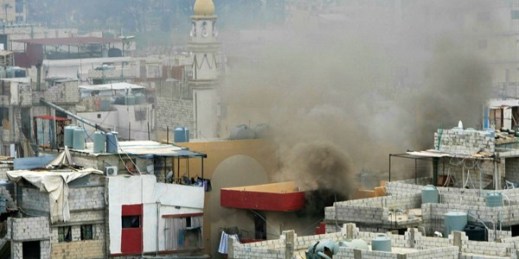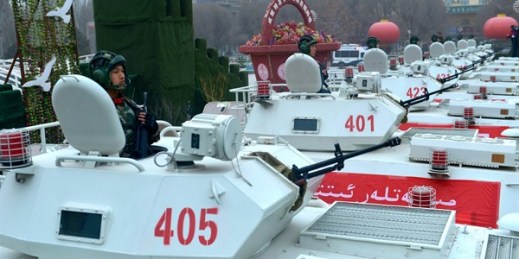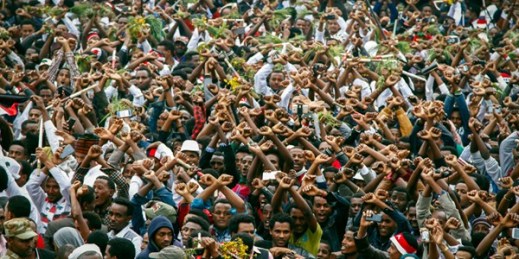
Ostensibly intended to quell unrest perpetrated by “anti-peace” forces, Ethiopia’s extension of a state of emergency in March signals a continued crackdown on the country’s restive and aggrieved population. This repression disproportionately affects 65 million Ethiopian youth, who make up more than two-thirds of the country’s total population. Such brutality has increasingly left these young people—Ethiopia’s greatest asset or, conversely, a massive liability—a choice between two dangerous options: escape or rebel. As is the case elsewhere in Africa, Ethiopia’s youth bulge is a double-edged sword. It strains scant natural resources and limited infrastructure, but, if harnessed, could be a boon […]

